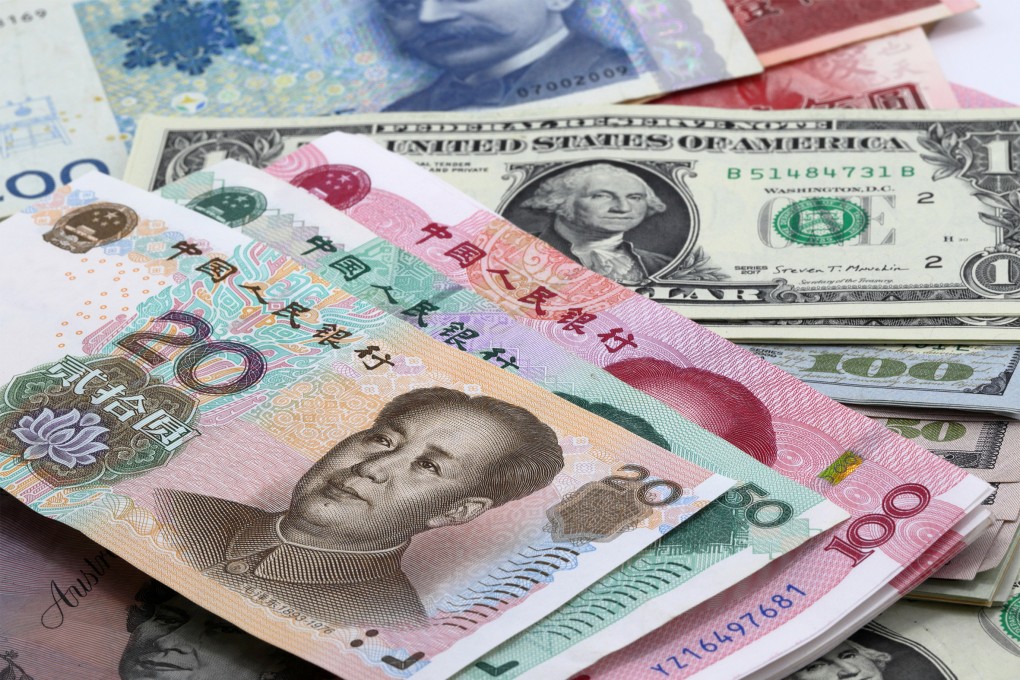Advertisement
China’s yuan-centred payment network no match yet for US-dominated global financial system: experts
- Little evidence that Russian institutions have used Cross-Border Interbank Payment System to evade Western sanctions over Ukraine invasion
- Yet Moscow’s situation a wake-up call for Beijing to bolster system amid rising risk of economic decoupling with Washington, analysts say
Reading Time:4 minutes
Why you can trust SCMP
4

Orange Wangin Washington
China’s bid to build a yuan-centred clearing house poses no imminent threat of supplanting the US-dominated global financial system amid few signs that Russia is turning to its ally’s platform to evade Western sanctions, experts said on Wednesday.
China’s Cross-Border Interbank Payment System, or CIPS, has garnered renewed attention this year as a potential alternative for Moscow to settle its international payments and carry out financial transactions.
The possibility emerged amid Western sanctions barring Russian banks from access to the global payment messaging system known as the Society for Worldwide Interbank Financial Telecommunications, or SWIFT, in response to Russia’s invasion of Ukraine.
To date, there is no “smoking gun evidence” that Russian institutions have used CIPS to transact and “meaningfully” evade sanctions imposed by the US, according to Emily Jin of the Centre for a New American Security, a think tank.
“But that’s the fear right down the line … for entities to be able to practice that,” Jin said at a virtual event hosted by the Peterson Institute for International Economics in Washington on Wednesday.
Advertisement
Select Voice
Choose your listening speed
Get through articles 2x faster
1.25x
250 WPM
Slow
Average
Fast
1.25x